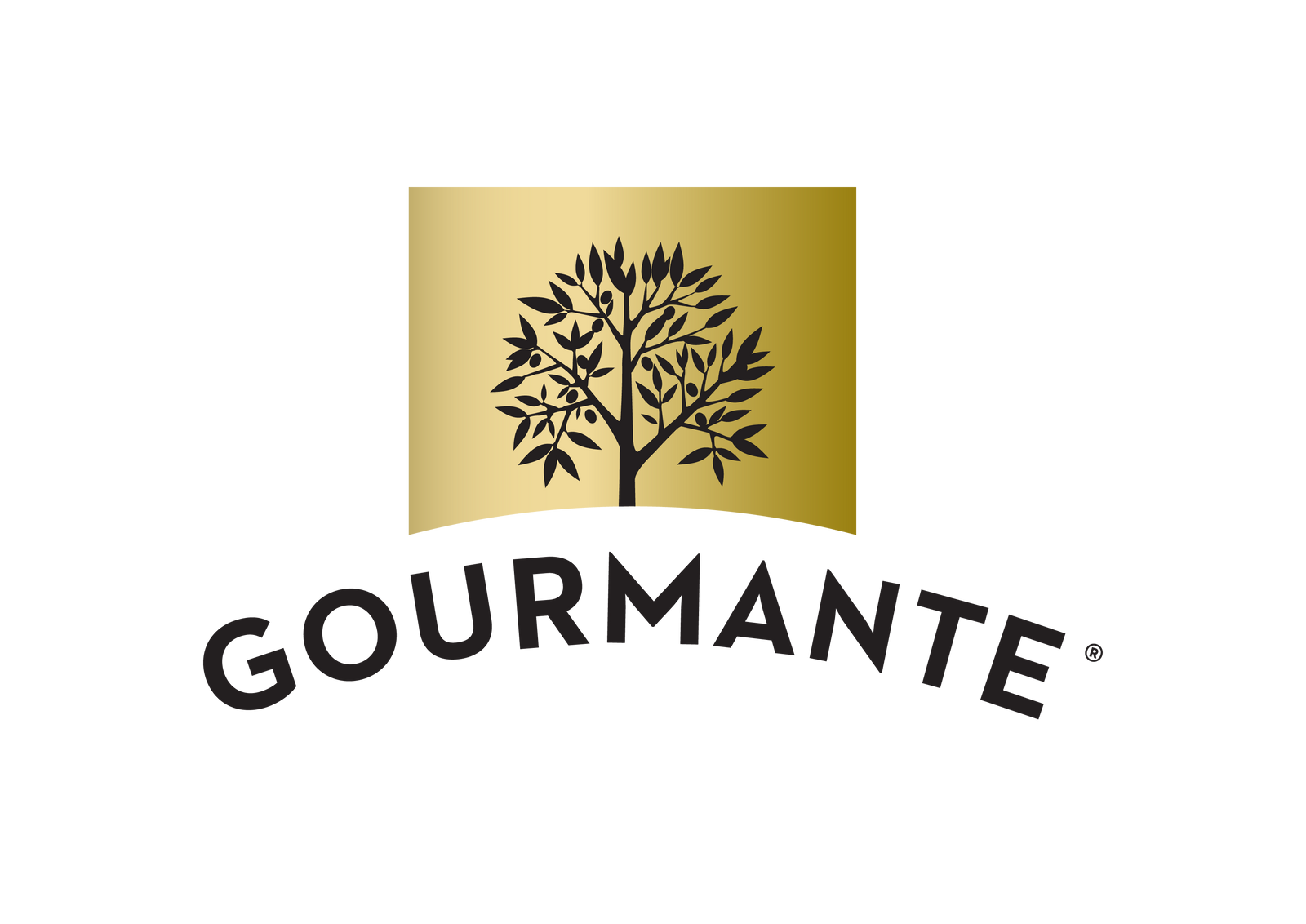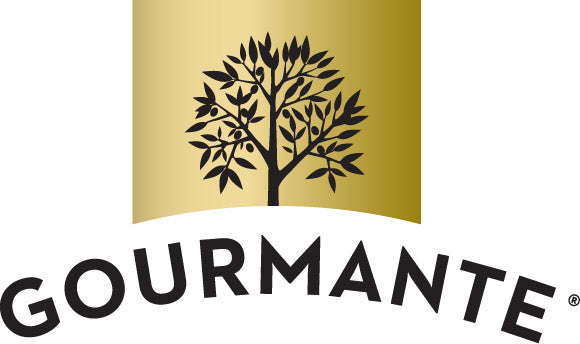
The Mediterranean diet's beneficial effects are hard to overstate. Aside from its well-known heart healthy advantage, the olive oil diet is rich with antioxidant polyphenols that have powerful effects on reducing oxidation and improving immune function.
With immune health on most people’s minds these days, I want to share some of the science-backed effects a Mediterranean diet has on your immune system. In this article:
- What Is A Mediterranean Diet?
- Does The Mediterranean Diet Boost Your Immune System?
- Immune Benefits Of Olive Oil
- How To Boost the Immune System With A Mediterranean Diet
What Is A Mediterranean Diet?

The Mediterranean diet refers to a plant-based, whole foods way of eating and a holistic approach of a balanced well-lived life. Mediterranean diets minimize processed foods, including sugar, and limit red meats in favor of nuts, seeds, seafood, and chicken.
Overall, the Mediterranean diet is one of moderation, where nothing is completely excluded and nothing is eaten in excess. That said, the amount of olive oil in a Mediterranean diet may be surprising to people elsewhere in the world.
A key feature of the Mediterranean diet, according to Mediterranean expert Dr. Trichopoulou, is the emphasis on healthy fats, particularly with the generous use of antioxidant-rich olive oil.
So say goodbye to the low-fat fad. Some of the largest diet studies ever done on humans have shown the powerful effects of a Mediterranean diet. People given a liter of olive oil per week ended up with a healthier heart than those given low-fat dietary advice.
Besides olive oil, Mediterranean diets emphasize nutrient dense, antioxidant-rich nuts and seeds, fruit, vegetables, and moderate amounts of whole grains. Flavors abound with the generous use of antioxidant-packed herbs and spices.
The Mediterranean way of eating is not only one of the healthiest ways to eat in the world, but it's also delicious. Once you try it, you may find that it's all too easy to stick with.
And why would you want to go back to anything else? The seasonality, diversity, rich flavors and luscious aromas of the Mediterranean basin are sure to enliven anyone's culinary interests!
Does The Mediterranean Diet Boost Your Immune System?

To boost your immune system means to enhance its response to infections or to regulate immune function at your healthy baseline.
Immune boosting foods either lower your chances of getting sick, or they reduce how bad a sickness gets if you do get infected.
One study among children in Spain showed the powerful effects of a Mediterranean diet on immune function. People following a Mediterranean diet got sick half as often as they had the previous year.
One epidemiological study shows that children who eat a Mediterranean diet are about a third as likely to experience seasonal allergies.
Your immune system works best when it has a properly calibrated baseline. Oxidative stress — present nearly everywhere in today’s world — impairs your baseline stress response. This essentially increases your immune system's reactivity, leading to an immune response that’s turned in the “on” mode.
So, getting extra antioxidants — especially the natural polyphenol antioxidants that come from a healthy Mediterranean diet — may provide the advantage your body needs. Plant-based antioxidants quell the smoldering ember of damaging inflammation.
Antioxidants from your food are crucial to maintaining a healthy immune and inflammatory response, read on to learn what foods work best.
Immune Benefits Of Olive Oil

Olive oil is well known for its positive effect on heart health. The European Food Safety Authority has even approved an official health claim on it: “olive oil polyphenols contribute to the protection of blood lipids from oxidative stress”.
What many people don’t know is that fighting that oxidative stress depends on proper immune health. A review in the journal Nature Immunology explains that heart disease and a dysfunctional immune system go hand in hand. So close are they intertwined that it’s hard to disentangle which is the chicken and which is the egg.
The polyphenols in olive oil in particular are known to reduce the inflammatory damage that LDL (“bad”) cholesterol does to your arteries. Rigorous clinical research shows that the dose of those phenols in olive oil determines how effective it is for oxidation protection.
Extracts made of those polyphenols may confer the same advantages. One study shows that people given a daily olive oil extract may have decreased levels of inflammatory markers.
That anti-inflammatory effect may also be responsible for olive leaf extracts’ ability to reduce the severity of common respiratory illnesses. In a study among young athletes, olive oil extract given daily was shown to decrease the frequency of severe illnesses by 28%!
Unsurprisingly, traditional medicine has used olive leaf extracts as a way to fight infections for centuries.
Overall, research studies and traditional usage consistently show beneficial effects of olive oil polyphenols on immune function. Generally olive oil doses of 4 tablespoons (150ml) — equivalent to about 100mg of polyphenols — per day showed the strongest effect, but lower levels may still help.
6 Ways To Boost Your Immune System With The Mediterranean Diet
Fill your plate with flavorful plant-based meals
Plants form the foundation of any healthy diet, especially a Mediterranean one. Colorful fruits and vegetables, as well as whole grains, are packed with vitamins, minerals, essential nutrients, and antioxidants that your immune system uses to fight off infections.
From the healthy fats in nuts and seeds, to the nitrates in green leafy vegetables, and the unique polyphenol antioxidants in olives, herbs and spices, you can't go wrong by adding more plants to your plate. Even the high level of fiber helps your immune system by promoting a healthy microbiome.
Add high quality olive oil
Again and again, experts reiterate the centrality of extra virgin olive oil for the profound benefits of a Mediterranean diet.
Although olive oil is high in calories, it can also help you feel full for longer, compared to carbohydrates. The healthy fats in olive oil can help improve HDL (“good”) cholesterol without negatively affecting LDL cholesterol as well.
In addition, olives are a unique source of hydroxytyrosol, tyrosol, oleuropein, verbascosides, and other plant-based polyphenols. These have wide ranging effects like improving the lubrication of stiff knees and direct anti-inflammatory activity.
So, you can’t go wrong with adding olive oil to what you eat. Your immune system will thank you for the antioxidant advantage!
But remember, for quality, origin matters!
Nuts and seeds
Nuts and seeds give you healthy plant-based protein and fiber alongside a concentrated dose of other nutrients. You’ll find antioxidant vitamins like vitamin E in almonds and anti-inflammatory omega-3 fatty acids in walnuts.
Moderate amounts of eggs, fish, and beans
Healthy omega-3 fats in fish are known to boost the immune system's defenses.
Moderate amounts of eggs are good sources of B vitamins and antioxidants.
The fiber in beans can support a healthy microbiome, another key element of a fully functional immune system.
Less sweets, red meat, processed foods
The Mediterranean way is all about moderation. Foods known to be unhealthy are not completely excluded, just eaten occasionally. This balance makes up the magic of a Mediterranean diet.
Sugar, known for its inflammatory effect, should be fairly limited. Similarly, red meat and processed meats are moderated. This reduces your exposure to inflammation, which goes back to setting a healthy immune baseline.
Living a life full of vigor, community, and exercise
What you eat is only half of it. The traditional Mediterranean lifestyle — including lots of social interaction, regular physical activity, and having fun with friends and family — maybe just as important for your immune health.
A healthy level of exercise helps keep your immune system regulated. Looking at numerous studies, it seems that not getting enough exercise blunts your immune response, whereas getting too much can tax your system.
Aiming for just the right amount of exercise, especially outside and with others, boosts your immune response as much as any dietary change!
Summary Highlights
The Mediterranean diet and lifestyle has stood the test of time as a paragon for a well-lived healthy life.
Among its many benefits, the immune and inflammatory benefits of a Mediterranean diet are hard to miss.
Thanks to a whole foods plant-based foundation and a healthy dose of olive oil, the med diet has been shown to reduce the severity and frequency of infections and illnesses.
Polyphenol antioxidants and a high concentration of nutrients are largely responsible for these positive effects.
If you want the science-backed benefits of the olive oil diet, aim for two to four tablespoons of olive oil daily, and make sure your other bases are covered as well.
To your health!
From origin-certified olive oils sourced from the olympic cradle, to health and beauty products with uncompromising standards of excellence, trust Gourmante to provide you with the best.
We want to help you embrace a healthy Mediterranean lifestyle with authentic and safe natural products to help you live healthier, happier & longer. Embrace the essence of the Mediterranean way!
References
Bach-Faig, Anna, et al. “Mediterranean Diet Pyramid Today. Science and Cultural Updates.” Public Health Nutrition, vol. 14, no. 12A, Dec. 2011, pp. 2274–84. PubMed, https://doi.org/10.1017/S1368980011002515.
Barbara Barbaro, Gabriele Toietta. “Effects of the Olive-Derived Polyphenol Oleuropein on Human Health.” International Journal of Molecular Sciences, vol. 15, no. 10, Multidisciplinary Digital Publishing Institute (MDPI), Oct. 2014, p. 18508. www.ncbi.nlm.nih.gov, https://doi.org/10.3390/ijms151018508.
Calatayud-Sáez, Fernando M., et al. “Effects of the Traditional Mediterranean Diet in Patients with Otitis Media with Effusion.” Nutrients, vol. 13, no. 7, 7, Multidisciplinary Digital Publishing Institute, July 2021, p. 2181. www.mdpi.com, https://doi.org/10.3390/nu13072181.
Chatzi, Leda, et al. “Protective Effect of Fruits, Vegetables and the Mediterranean Diet on Asthma and Allergies among Children in Crete.” Thorax, vol. 62, no. 8, BMJ Publishing Group Ltd, Aug. 2007, pp. 677–83. thorax.bmj.com, https://doi.org/10.1136/thx.2006.069419.
Chin, Kok-Yong, and Kok-Lun Pang. “Therapeutic Effects of Olive and Its Derivatives on Osteoarthritis: From Bench to Bedside.” Nutrients, vol. 9, no. 10, 10, Multidisciplinary Digital Publishing Institute, Oct. 2017, p. 1060. www.mdpi.com, https://doi.org/10.3390/nu9101060.
Estruch, Ramón, et al. “Primary Prevention of Cardiovascular Disease with a Mediterranean Diet Supplemented with Extra-Virgin Olive Oil or Nuts.” NewEngland Journal of Medicine, vol. 378, no. 25, Massachusetts Medical Society, June 2018, p. e34. Taylor and Francis+NEJM, https://doi.org/10.1056/NEJMoa1800389.
Hansson, Göran K., and Peter Libby. “The Immune Response in Atherosclerosis: A Double-Edged Sword.” Nature Reviews. Immunology, vol. 6, no. 7, July 2006, pp. 508–19. PubMed, https://doi.org/10.1038/nri1882.
Lockyer, Stacey, et al. “Secoiridoids Delivered as Olive Leaf Extract Induce Acute Improvements in Human Vascular Function and Reduction of an Inflammatory Cytokine: A Randomised, Double-Blind, Placebo-Controlled, Cross-over Trial.” The British Journal of Nutrition, vol. 114, no. 1, July 2015, pp. 75–83. PubMed, https://doi.org/10.1017/S0007114515001269.
Magrone, Thea, et al. “Olive Leaf Extracts Act as Modulators of the Human Immune Response.” Endocrine, Metabolic & Immune Disorders Drug Targets, vol. 18, no. 1, 2018, pp. 85–93. PubMed, https://doi.org/10.2174/1871530317666171116110537.
Marrugat, Jaume, et al. “Effects of Differing Phenolic Content in Dietary Olive Oils on Lipids and LDL Oxidation--a Randomized Controlled Trial.” European Journal of Nutrition, vol. 43, no. 3, June 2004, pp. 140–47. PubMed, https://doi.org/10.1007/s00394-004-0452-8.
Nieman, David C., and Laurel M. Wentz. “The Compelling Link between Physical Activity and the Body’s Defense System.” Journal of Sport and Health Science, vol. 8, no. 3, May 2019, pp. 201–17. ScienceDirect, https://doi.org/10.1016/j.jshs.2018.09.009.
Thienprasert, Alice, et al. “Fish Oil N-3 Polyunsaturated Fatty Acids Selectively Affect Plasma Cytokines and Decrease Illness in Thai Schoolchildren: A Randomized, Double-Blind, Placebo-Controlled Intervention Trial.” The Journal of Pediatrics, vol. 154, no. 3, Mar. 2009, pp. 391–95. PubMed, https://doi.org/10.1016/j.jpeds.2008.09.014.
Trichopoulou, Antonia, et al. “Definitions and Potential Health Benefits of the Mediterranean Diet: Views from Experts around the World.” BMC Medicine, vol. 12, no. 1, July 2014, p. 112. BioMed Central, https://doi.org/10.1186/1741-7015-12-112.
Vaughan Somerville, Rachel Moore. “The Effect of Olive Leaf Extract on Upper Respiratory Illness in High School Athletes: A Randomised Control Trial.” Nutrients, vol. 11, no. 2, Multidisciplinary Digital Publishing Institute (MDPI), Feb. 2019. www.ncbi.nlm.nih.gov, https://doi.org/10.3390/nu11020358.



Leave a comment (all fields required)